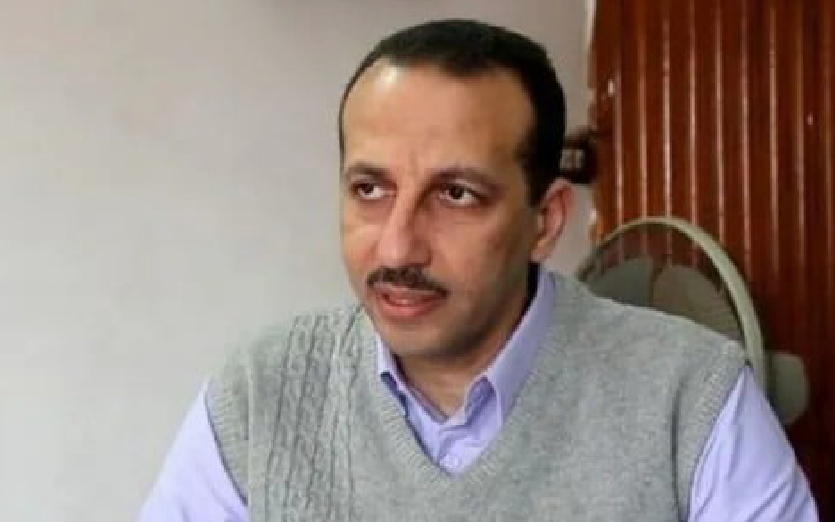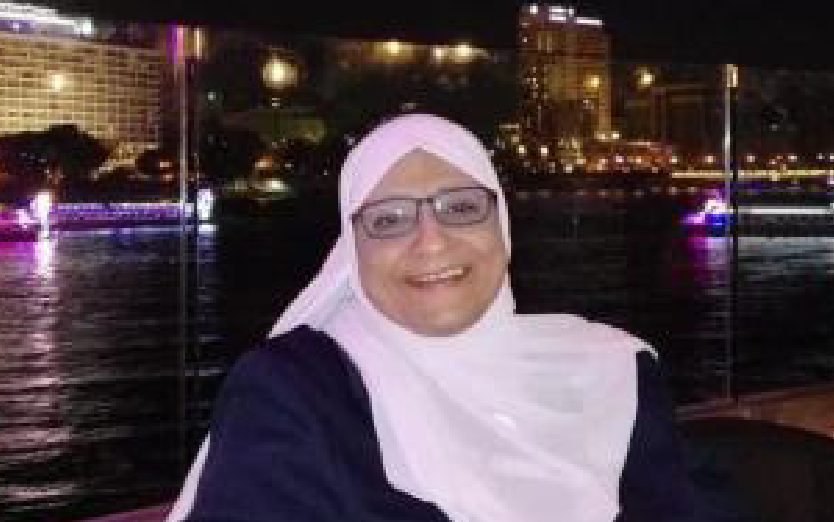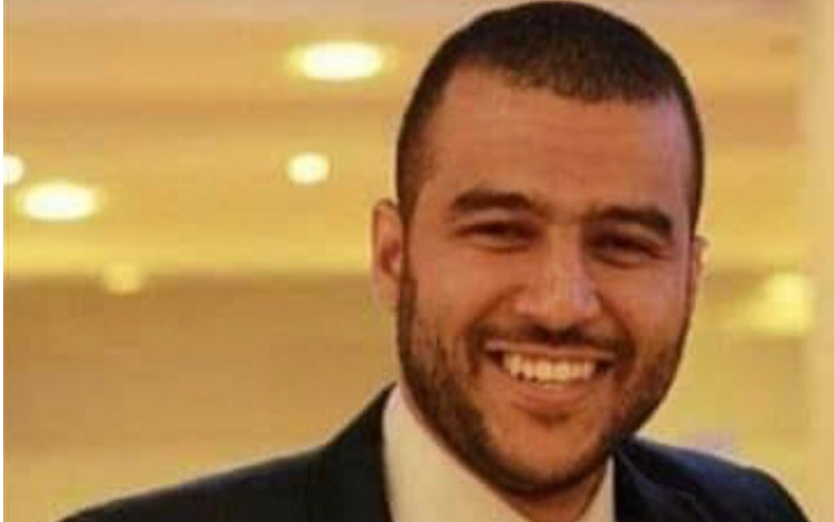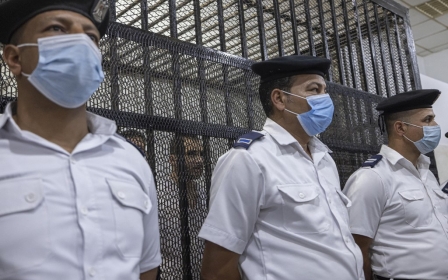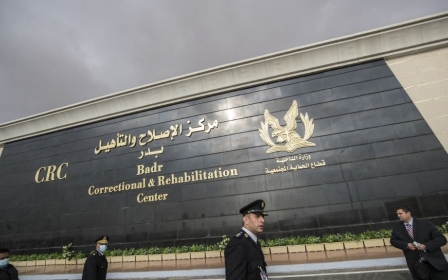Egypt: Five human rights defenders sentenced to lengthy prison terms
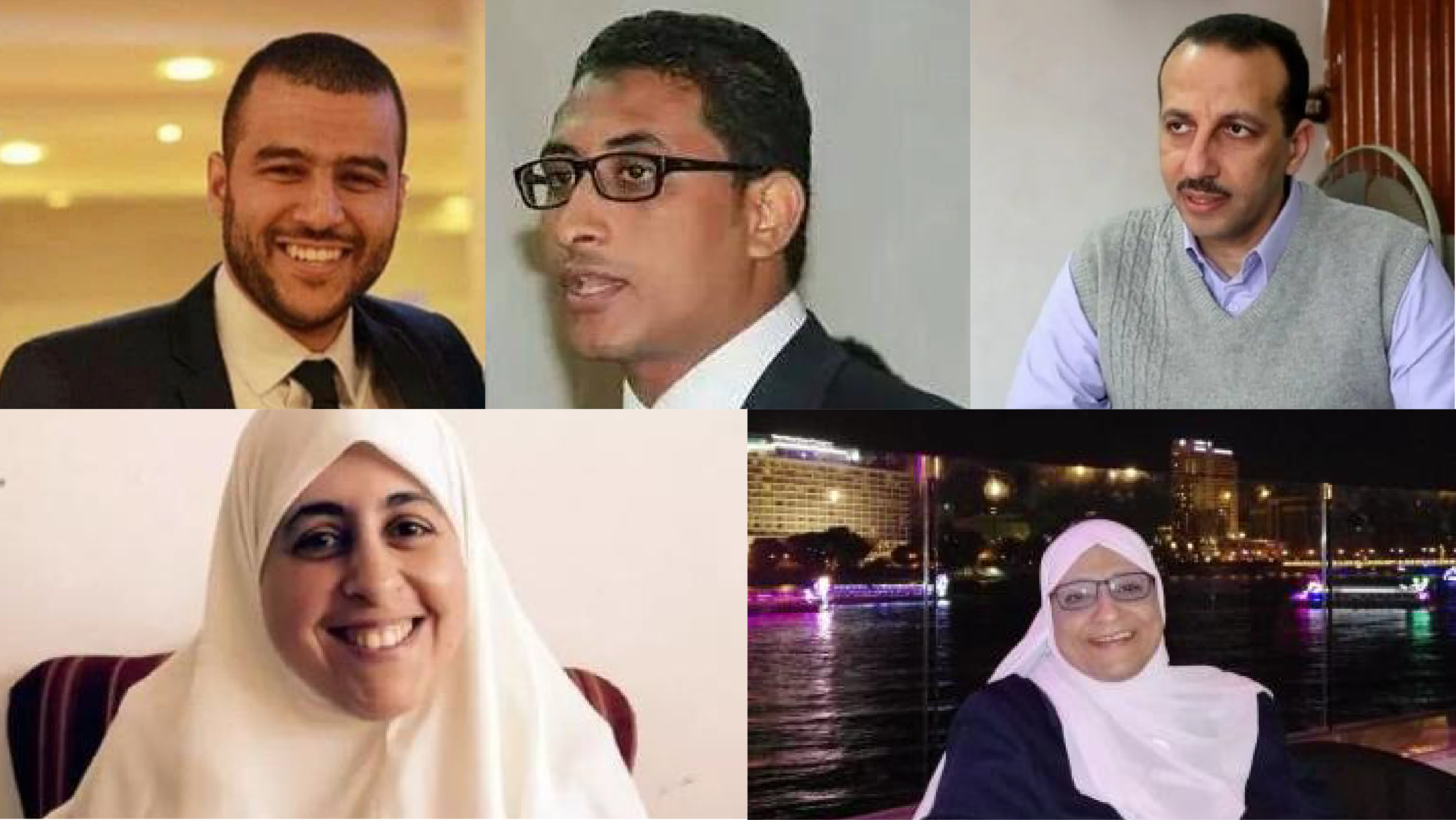
An Egyptian court on Sunday sentenced 31 dissidents and human rights defenders to lengthy prison terms of up to 25 years after a trial marred by reports of torture and enforced disappearances.
Among those sentenced are 14 people in custody since 2018, while the rest have been sentenced in absentia. All 31 - who were members of the now-disbanded NGO the Egyptian Coordination for Rights and Freedoms (ECRF) - were placed on "terrorism lists" without conviction, investigations or opportunity to defend themselves.
The court that handed out the sentences, the Emergency State Security Court, is an exceptional court that has been accused of failing to uphold minimum fair trial guarantees and its verdicts cannot be appealed.
Amnesty International said the 14 defendants are detained "arbitrarily" and have all been subjected to enforced disappearance for periods of up to three months.
The Committee for Justice, a Geneva-based rights group, said the 14 defendants currently in custody have all been subjected to physical and psychological torture during their detention. That includes electrocution on sensitive body parts and being held in stress positions for prolonged periods.
New MEE newsletter: Jerusalem Dispatch
Sign up to get the latest insights and analysis on Israel-Palestine, alongside Turkey Unpacked and other MEE newsletters
Middle East Eye takes a look at five of those sentenced over the weekend for up to 15 years in connection with their work for the ECRF, a rights group that documented enforced disappearances and the death penalty in Egypt before it suspended its work in November 2018 due to the crackdown on its members.
Ezzat Ghonim
Human rights lawyer and activist Ezzat Ghonim, the former executive director of the ECRF, was sentenced to 15 years in prison on Sunday.
Ghonim was first arrested in March 2018 in connection with his work with ECRF in the case known as Case No. 441. Local and international rights groups have accused Egyptian authorities of forcibly disappearing Ghonim for five months before officially charging him.
Along with other detained members of the ECRF, Ghonim has been charged with "joining, leading, financing and supporting the Muslim Brotherhood".
Hoda Abdel Moneim
Hoda Abdel Moneim, a human rights lawyer, was sentenced to five years in prison and another five years in probationary detention where she will be required to spend every night at a police station.
Abdel Moneim, 63, is a former member of the National Council for Human Rights, and a board member of the ECRF.
She has been detained since 1 November 2019.
She was forcibly disappeared for 20 days after her arrest and is currently held in al-Qanater women’s prison. She is held in dire detention conditions, including poor ventilation and high humidity in a room with a small, high window, and has been deprived for long periods of her right to visits from relatives and her lawyer. Her pre-existing health problems were significantly exacerbated during her detention, as she was denied necessary regular medication.
Tariq al-Silkawi
Human rights lawyer Tariq al-Silkawi, 30, was sentenced to 15 years in prison.
Similar to Abdel Moneim, he was sentenced on charges of disseminating "false news" about human rights abuses by security forces through the ECRF's Facebook page.
Aisha al-Shater
Aisha al-Shater, 42, was forcibly disappeared for 20 days after her arrest in 2018, during which she was severely beaten and subjected to electric shocks.
Al-Shater is being held in prolonged solitary confinement at al-Qanater women's prison in a small and poorly ventilated cell without a toilet. She is only allowed to leave twice a day for less than 30 minutes to use the bathroom. The prison administration also bans her from receiving family visits, Amnesty International has said.
Al-Shater suffers from aplastic anaemia, a rare and serious condition that affects the blood. Her health has deteriorated rapidly during her imprisonment but she has not been transferred to a specialised hospital.
Amnesty International said her detention is linked to her "family affiliations and peaceful excercise of human rights".
Al-Shater is the daughter of senior Muslim Brotherhood leader Khairat el-Shater, who is also in prison, and the wife of ECRF representative Mohamed Abo Horeira.
Mohamed Abo Horeira
Mohamed Abo Horeira, 34, is a human rights lawyer and the former media spokesperson of the ECRF.
He is Aisha al-Shater's husband.
He has been detained in connection with the same case, on what Amensty International called "bogus charges". He has been sentenced to 15 years in prison.
Middle East Eye delivers independent and unrivalled coverage and analysis of the Middle East, North Africa and beyond. To learn more about republishing this content and the associated fees, please fill out this form. More about MEE can be found here.


